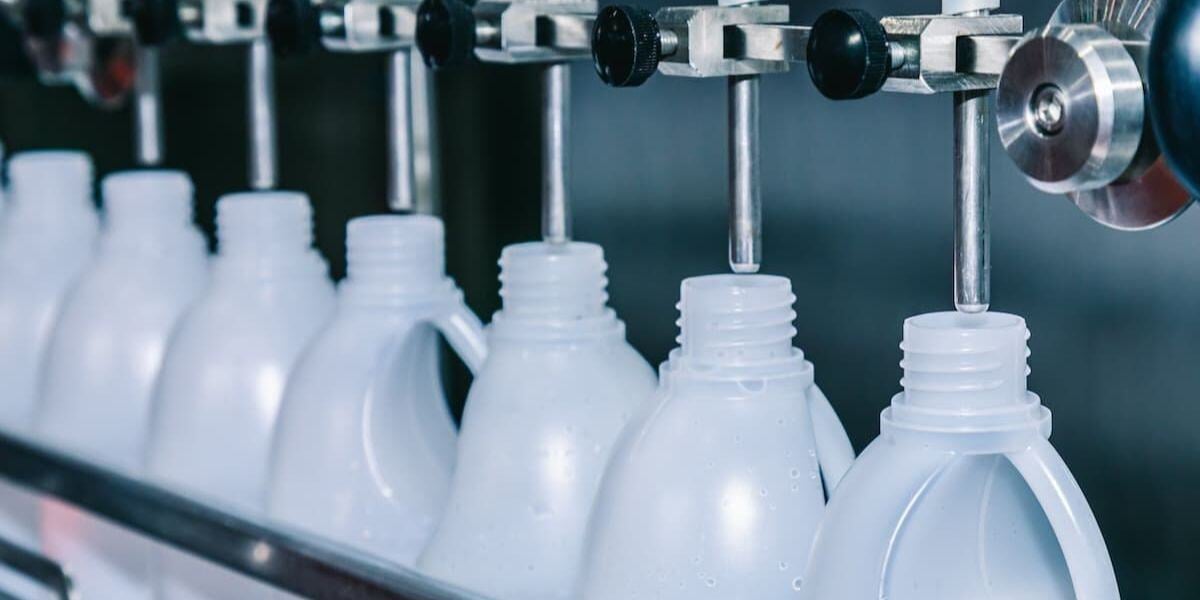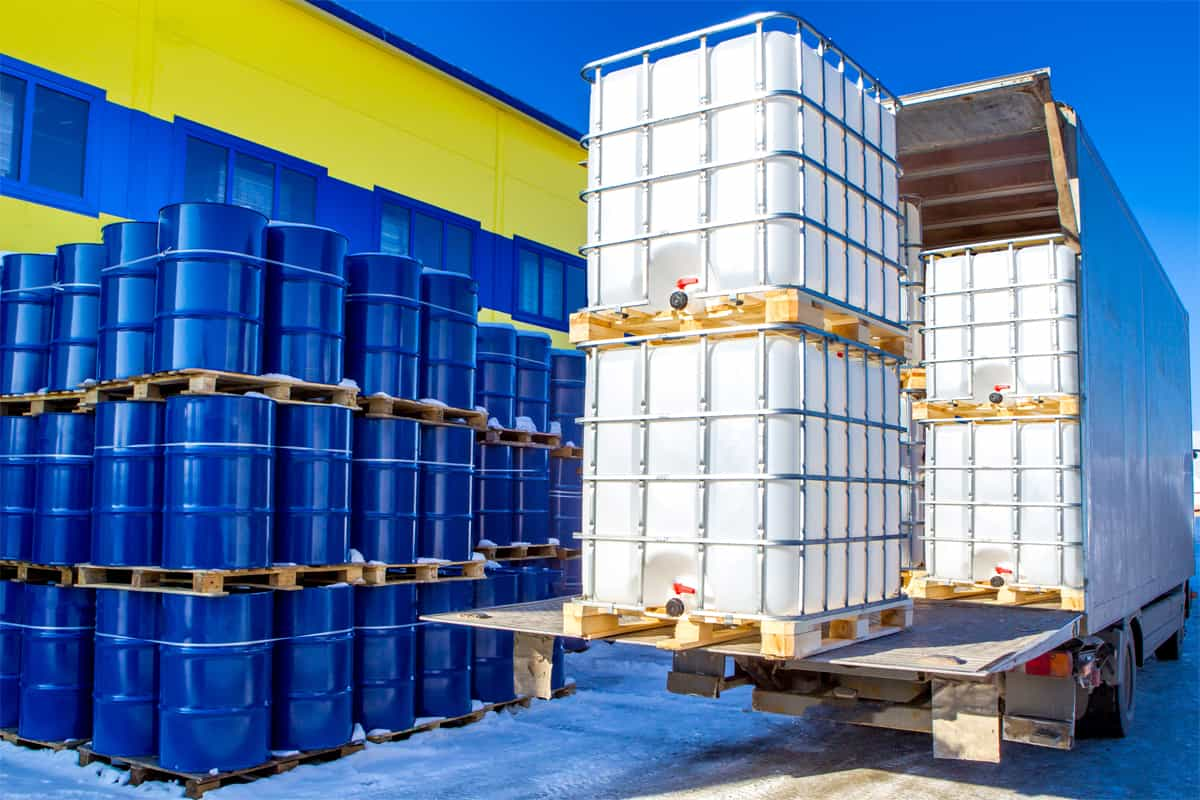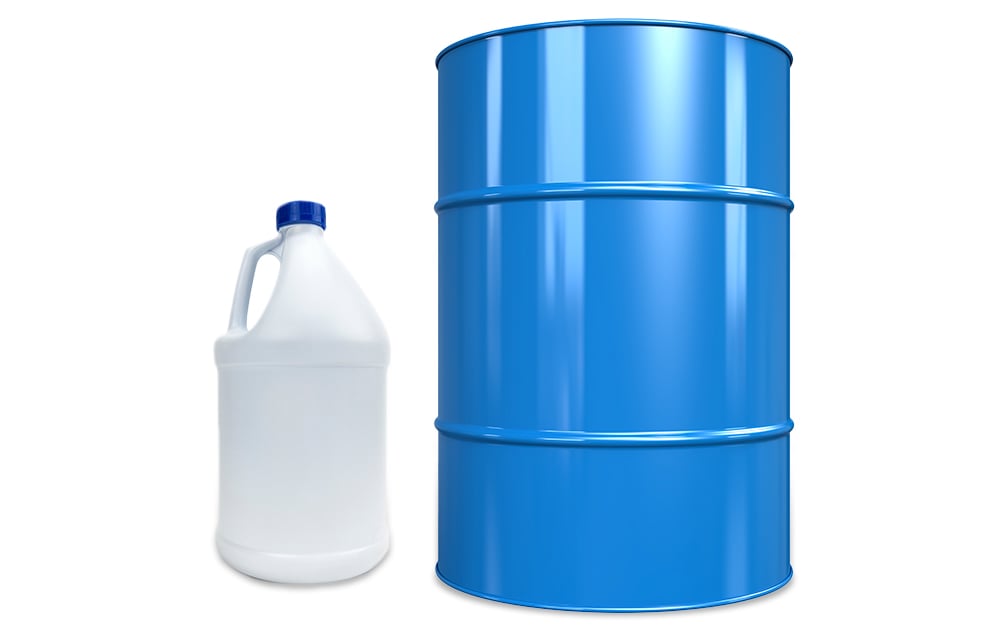
4 Ways to Overcome Chemical Industry Supply Chain Challenges in 2023
The list of supply chain challenges in the chemical industry in 2023 is long: long lead times on raw materials, increased shipping costs, material scarcity and difficulty with demand forecasting, among others. Chemical contract manufacturing companies and their customers are just as affected as the rest of the world. A chemical product that may have taken 10 days to get from production to distribution pre-2020 is now taking 10 weeks or longer. What can chemical companies do to overcome these challenges? And how can partnering with the right chemical contract manufacturer, like Royal Chemical, help you ensure a smooth, efficient chemical supply chain?
1. Have Upfront Communication
While it may seem like a fundamental component of doing business, constant, upfront communication cannot be stressed enough when it comes to navigating the chemical industry supply chain. When working with a chemical contract manufacturer, the onboarding process is a crucial point in the engagement when communication is essential. Manufacturers should communicate lead times, minimum order quantities and raw material and packaging requirements. Without this information upfront, you risk costly delays, quality issues and potential safety or security risks.
At Royal Chemical, we utilize a Technology Transfer Package (TTP) to ensure clear communication between our customers and us. The TTP outlines what information is necessary for each part of the chemical blending process and which party is responsible for it, including:
- Quotation
- Pre-activation
- Pre-production
- Production and shipping
- Invoicing and pricing
After the TTP is completed, we continue to keep customers informed throughout the entire production process. When both parties are on the same page about supply chain challenges, everyone is aware of the current state and willing to take those risks for the benefit of a quality finished product.
2. Be Prepared to Pivot
Many manufacturers who are having to wait months on end to see their finished products come to fruition are taking a second look at their product offerings. They’re asking themselves:
- Are there offsets I’d be willing to consider?
- Is it worth it to have this product as part of my offerings?
- How can I use my intellectual property in a different way that doesn’t cause so many headaches?
It’s not uncommon for manufacturers to discontinue products, use different raw materials or reevaluate their product catalogs right now. When it becomes so difficult to produce a quality finished product, you must be prepared to ask yourself if it’s worth it, and if not, be prepared to pivot with a new solution.
When manufacturers work with Royal Chemical, they get access to our buying network and purchase power – both of which are crucial when making a change to a product. We have outstanding supplier relationships, which keep raw material costs to a minimum, leading to savings which are passed on to you. We also have the ability to offer alternative materials and/or solutions if customers run into stocking issues with their typical materials.
3. Consider Buying Chemicals in Bulk
During this time of multiple supply chain challenges, buying chemicals in bulk has many benefits. First, buying in bulk saves you money since you’re purchasing more product less often. Second, when you’re consistently purchasing higher volumes of raw materials, the supplier is likely to prioritize your order over others who purchase infrequently. Third, having excess materials on hand will bring you peace of mind and give you confidence in knowing that you can fulfill customer orders even if your chemical supply chain is disrupted.
Royal Chemical has over 80 years of experience finding solutions that will meet customers’ needs – including bulk purchasing. Minimum order quantities for liquids start at 300 gallons while powders are 4,000 pounds. It’s important to note that buying chemicals in bulk may not be the right choice for every organization, but if you think it’s a possibility, it’s worth having a conversation with your chemical contract manufacturer.
4. Look to Save on Shipping
Ever since the pandemic began, there has been a greater demand for raw materials and consumer goods. This has resulted in increased freight rates as these items are typically transported in shipping containers which have been scarce. Many manufacturers are wondering if there’s anything they can do to avoid spending more on shipping. This is where a quality contract manufacturer comes in. When you partner with a chemical contract manufacturer, it’s important to look at their facility locations to see if they’re close to your desired shipping destinations. This will reduce logistics expenses and delivery time. In addition, you’ll want a manufacturer who has multiple locations throughout the U.S. that will be able to support your business as you grow and expand into new geographical areas.
Royal Chemical has warehouses in five strategic locations in the U.S., which means we can get your product to 83 percent of the continental U.S. population within one shipping day and 100 percent within two days. In addition, we have 250,000 square feet of total warehousing space to store and ship your raw materials and finished products.
![]()
As chemical manufacturers navigate these difficult supply chain challenges in 2023, the best strategy for mitigating the risk to your business is to take an honest look at your products and decide if you’re willing to commit to the minimum order quantity and lead time necessary. Being straightforward with your toll blender will strengthen your relationship and result in high-quality chemical products for your customers.
Talk to an Expert
Streamline Your Chemical Manufacturing Process
Royal Chemical’s expertise in blending, packaging and shipping can save you time, reduce costs and deliver consistent results.















